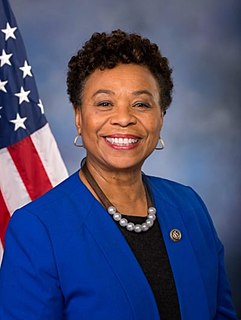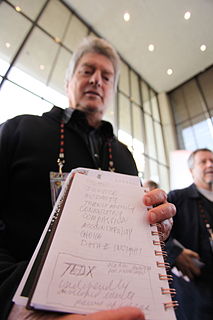A Quote by Robin Gross
The copyright bargain: a balance between protection for the artist and rights for the consumer.
Related Quotes
Can a one judge sitting somewhere in a trial court issue an order that says nobody in the world is allowed to have, to use, to improve or to develop software for playing multimedia content without the permission of the manufacturers of the content themselves? .. This is an astonishing development in the course of our understanding of what we call the copyright bargain, the relationship between authors' rights, publishers' leverages and consumers' needs.
This balance between the National and State governments ought to be dwelt on with peculiar attention, as it is of the utmost importance. It forms a double security to the people. If one encroaches on their rights they will find a powerful protection in the other. Indeed, they will both be prevented from overpassing their constitutional limits by a certain rivalship, which will ever subsist between them.
I think that there’s going to be a rush to judgment on civil liberties, and a clamping down, a suspension of our democratic rights. And I believe that those who are good Americans would want to see this not happen and that we debate how to find a balance between the public safety and the protection of civil liberties.
My position is that the rate should align with the level of economic development. Because it is always about a balance, a balance of interests, and it should reflect this balance. A balance between those who sell something across the border and those who benefit from a low rate, as well as a balance between the interests of those who buy, who need the rate to be higher. A balance between national producers, for example, agricultural producers who are interested in it.
Under the 1998 Digital Millennium Copyright Act, Tumblr, YouTube, Reddit, WordPress, and Facebook aren't responsible for the copyright infringement of each of their millions of users, so long as they take down specific posts, videos, or images when notified by copyright holders. But copyright holders thought that wasn't good enough.



































